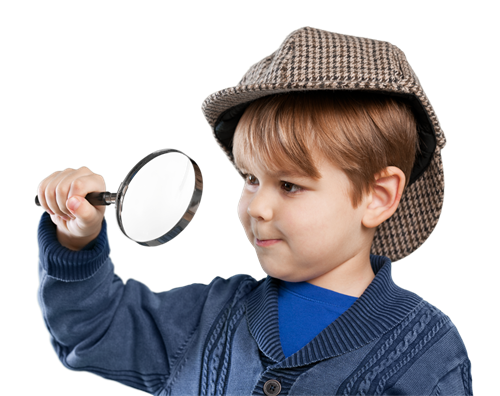The Benefits of Curiosity
There are numerous studies regarding the importance of curiosity. These studies reinforce that the more curious a child is, the more they learn. If you have spent time with a four-year-old, you know how curious a child can be. They have questions about everything! Their favorite question is, "Why?"
Robert Stokoe, Director of the Jumeirah English-Speaking Schools, says, "Three-year-olds, on average, ask their parents about 100 questions daily, every day! However, by the time they are 10 to 11 years old, they've stopped asking. Curiosity seldom survives childhood. We could say that the creative adult is the curious child who survived."
So, what happens as we age? Research shows curiosity does not decline as we age but affirms that curiosity increases as we age! Unfortunately, instead, we seldom act on it.
Not acting on curiosity impairs our ability to sell. We are likely to rely on assumptions when we don't ask questions. We often say to ourselves, I think, I believe, I assume. When you use these types of phrases in a sentence, it means you stifled your curiosity. Instead of asking someone a question, you decided to trust an assumption.
- There are other reasons to become more curious.
- You become more likable
- You have stronger relationships
- The quality of your life improves
- You become happier
- You maximize your personal growth
- It helps you learn almost anything
- You will develop an improved understanding of other people
John Bytheway said it best:
"Our world is drowning in a sea of self-centeredness. You can make yourself quite unique right away, by leaving this ocean of selfishness and choosing to be curious about other people."
Differentiate yourself. Be curious.

